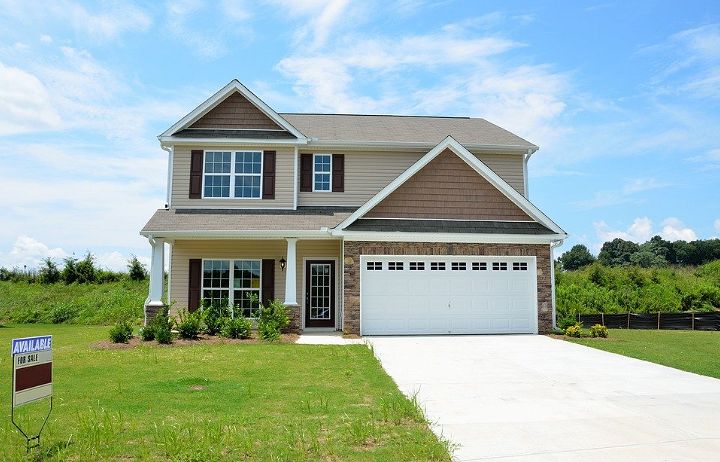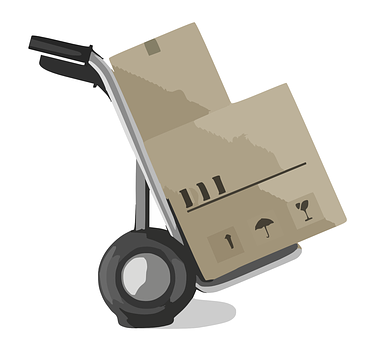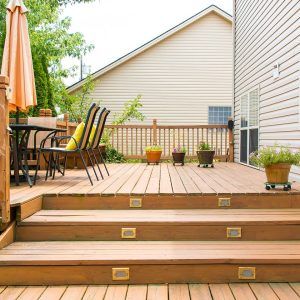It’s always a difficult decision to make when you have to move. You need to find a place that is not only affordable but also somewhere that has the amenities and lifestyle that you want. Thankfully, this short guide will help you decide where the right place for you might be!

Consider What You Need In A Home
If you need to commute either to work, schools, or public transportation, the time it takes is an important factor. Do you want a house, apartment, or condo? Houses usually require more upkeep and maintenance. What are your priorities – schools, proximity to work, space for family members, or more affordable rent? What amenities do you need – a yard, nearby transportation, central heating, and air conditioning? Have you ever been to Miami? Well, if not then this might be the best time to visit or even move to Miami. And you don’t have to stress about accommodations. You have this guide on Miami’s neighborhood of Edgewater to provide you with ways on how to pick a house as well as choose a neighborhood. Condos and apartments are the in thing in Miami and you’ll be best suited to live in the house of your dreams.
Get Your Credit Report
How much debt you have is a big factor in determining where to move. If it’s too high, then you might not be able to get the best mortgage or rent prices. You should check your credit report and see what sort of debts you owe so that it will tell you how easy (or difficult) finding housing will be for you. Your credit score also matters when looking at apartments; many landlords use this as one way to determine whether an applicant can afford their rental price without problems with payments later on.
Figure Out Your Budget
Once you figure out your budget it will help you save a lot once you decide to buy a house. Prepare by saving money while renting so that you’ll have enough cash on hand once it’s time to buy, which should take about two years if your income is stable. If there are any ways you could reduce your total housing costs such as living with roommates or moving into an area where the homes might be less expensive, consider these factors before making a final decision. If you have saved enough money for a down payment, research different mortgage options to find the one that works best for your budget.
After deciding on where and what type of home you want, start looking at available homes in person or online as soon as possible. You can’t wait too long before buying because if someone else decides they like an area better than yours while it’s still up for sale, well, it could be gone forever. One of the most difficult aspects of moving is deciding where to move. But, once you decide you get the best experience and fulfillment.
Research The Neighborhoods That Are Best For Your Needs

If you’re not sure whether or not your current city will suit your needs, be sure to research or just take a walk around the neighborhood and try to familiarize yourself with your surroundings. This way you will be sure of what you really want. This is one of the most important steps. Take a look at your priorities and figure out which neighborhoods best fit those needs. Do you need to be close to work? Look for areas with good public transit, housing prices that are affordable relative to what you can afford, or job opportunities nearby. Want to live in an area where lots are going on? Consider places that are popular.
Talk To Real Estate Agents
How much do you need to make each month (or year) to afford the mortgage payments? How long can you expect that income stream to last before it runs out? What are your other expenses, and will they be higher or lower where you’re moving than they were at home? Do some research and compare what you earn and the type of house you want, this way you will have enough to cover your new home and still have some leftover for your expenses. In addition to this, be sure to check the crime rate in that area, for both violent and property crimes? Are there any neighborhoods with a high level of poverty, gangs, or even drug problems? It is very important to know the security before you get down signing any contracts.
If You’re Renting, Get Renters Insurance
You should consider a renters insurance policy because it will cover your property within the residence. The amount of coverage that you’ll need depends on how much stuff you have, but if something happens like a fire or burglary, this may be able to help replace some of it. If you’re moving into an apartment unit where all the furniture and appliances are included in your rent, then renters insurance might not be necessary for things inside the house itself. But there’s still plenty more to think about before making this decision so make sure to do your research first.
In some cases, renters insurance can cover more than just a fire or burglary. For instance, it may also be able to help if you’re injured in the residence or have certain medical expenses. The cost of this type of coverage will depend on your age and what kind of property is covered under the policy but as long as you know that there’s a lot to think about before signing anything, then getting renter’s insurance might not seem like such an intimidating process after all.
Moving to a new city can be nerve-wracking, but with the right preparation and knowledge, you’ll have an easier transition. You may want to start by considering what you need in your next home. Well, the above is a short guide to help you decide where to move. You might want to consider getting your credit report so that you know exactly where you stand financially before looking at listings or talking with real estate agents about how much they’ll cost. Once you’ve figured out the neighborhood of interest, research its crime rates online or talk to residents who live nearby. Finally, get renters insurance before moving into your new place!




